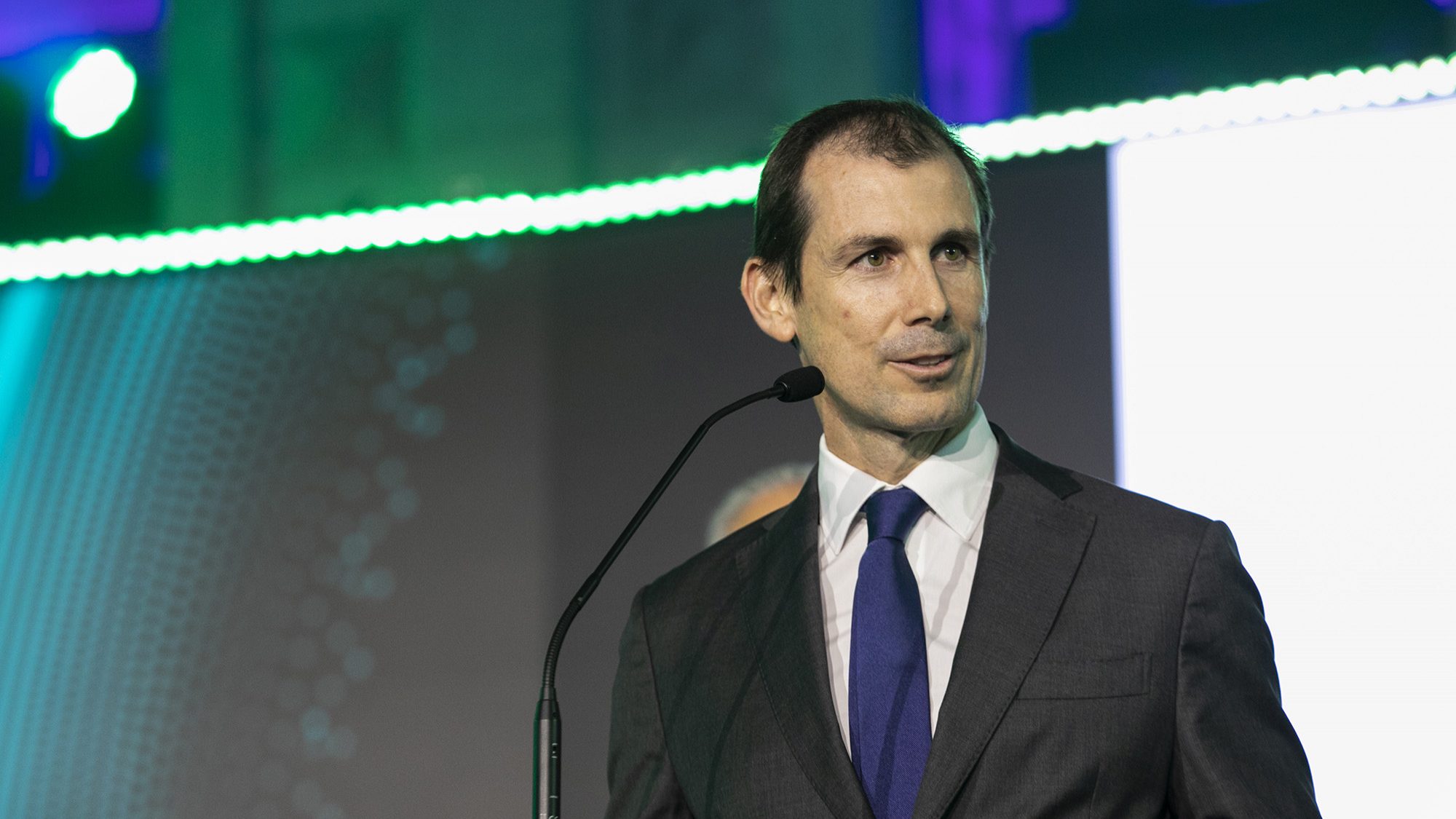Country to benefit from €5.4B EC funds to develop hydrogen
Brussels approved a common European project to promote the development of hydrogen technology, involving Portugal and 14 other member states.
The European Commission on Friday approved a major common European project to promote the development of hydrogen technology, involving Portugal and 14 other member states, which could provide up to €5.4 billion.
This unprecedented important project of common European interest (‘IPCEI’) in the field of hydrogen, called ‘IPCEI Hy2Tech’, was prepared and notified jointly by 15 member states – Austria, Belgium, Czech Republic, Denmark, Estonia, Finland, France, Germany, Greece, Italy, the Netherlands, Poland, Portugal, Slovakia, Spain and Finland – involving 41 different projects in which 35 companies with activities in one or more countries of the block will participate.
The ‘green light’ given today by the Commission, under EU state aid rules, allows the member states involved to make available up to €5.4 billion of public funding which, according to Brussels, should unlock an additional €8.8 billion in private investment.
The Commission points out that “further information on the amount of aid to individual participants will be made available in the public version of the Commission’s decision, once the Commission has reached agreement with the member states and third parties on any confidential business secrets which should not be divulged,” but notes in relation to Portugal, the participation of the company 1s1 Energy in projects of hydrogen production technologies and fuel cell technologies.
Brussels stresses that the approval of this project “is part of the wider efforts of the Commission to support the development of an innovative and sustainable European hydrogen industry,” particularly important now in view of the objectives of decarbonisation and energy autonomy of the EU.
According to the EU executive, this IPCEI “will cover a large part of the hydrogen technology value chain, including hydrogen generation, fuel cells, hydrogen storage, transport and distribution, and end-user applications, in particular in the mobility sector.”
“It is expected to contribute to the development of major technological breakthroughs, including new highly efficient electrode materials, more efficient fuel cells and innovative transport technologies, among which hydrogen mobility technologies for the first time,” the Commission continues, adding the estimate that these projects as a whole will create “around 20,000 direct jobs.”
“Hydrogen has enormous future potential. It is an indispensable component for the diversification of energy sources and the ecological transition. Investment in innovative technologies can, however, be risky for a member state or a single company. This is where state aid rules for IPCEIs have a role to play. Today’s project is an example of truly ambitious European cooperation for a key common goal,” commented Executive Vice-President Margrethe Vestager, in charge of Competition.
Internal Market Commissioner Thierry Breton stressed that “promoting hydrogen development and deployment will boost jobs and growth across Europe”, while contributing to the EU’s green and resilience agenda by enabling “the clean transition of energy-intensive industries” and increasing independence from fossil fuels.
“With this IPCEI, we see an evolution of EU hydrogen production “from laboratory to industry” and our industry that will turn technological mastery into commercial leadership. It is clear that we are not only supporting hydrogen through funding. We have also made decisive progress in creating partnerships through the Clean Hydrogen Alliance, and we are developing EU-wide rules to drive the hydrogen market and create dedicated infrastructure. Because we know what is at stake: Europe’s position as a leading region in the hydrogen industrial transformation,” he added.


